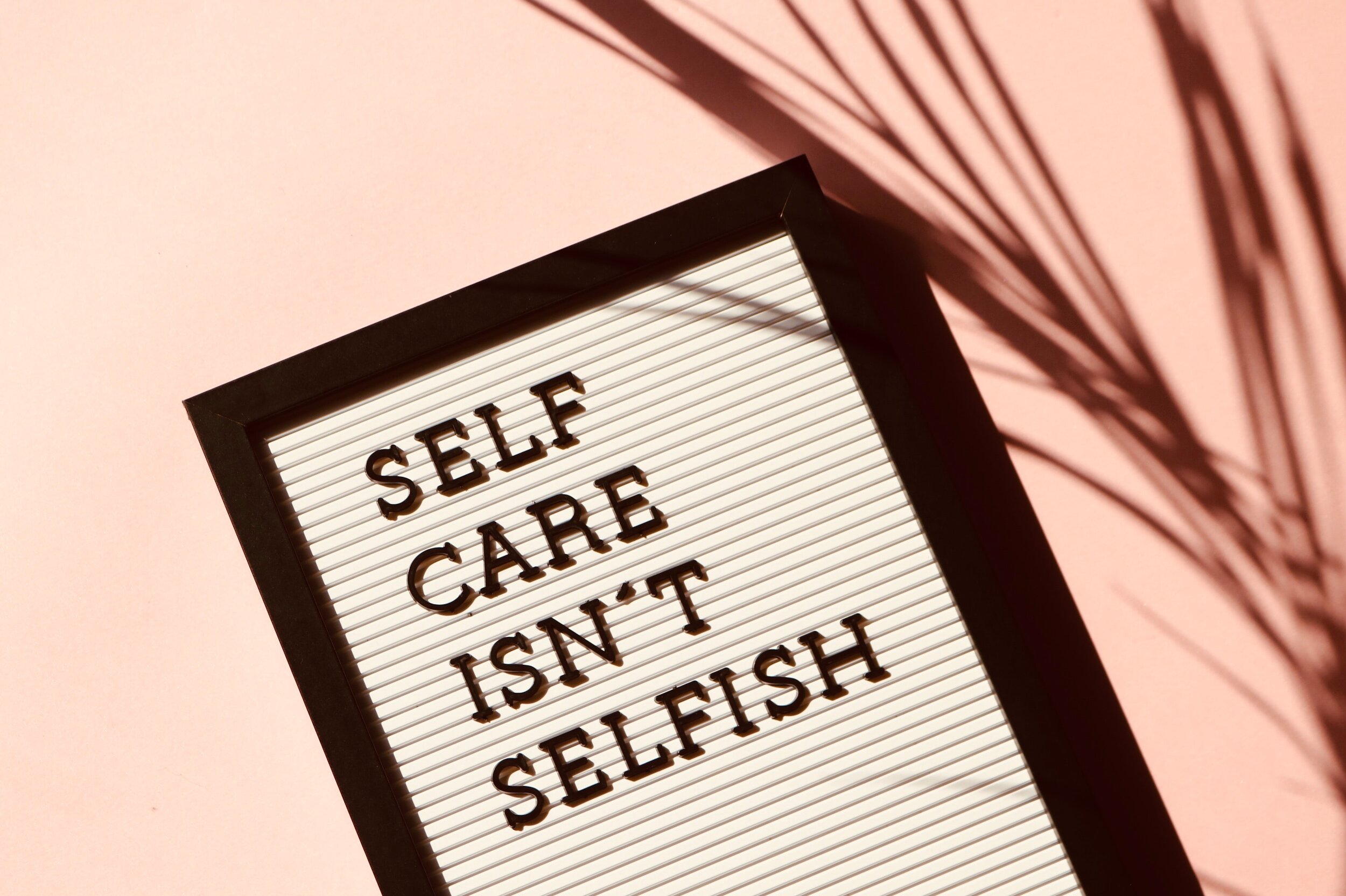I provide helpful, skill-based teen counseling and therapy for middle school through college age students in the Santa Rosa Beach, FL area. With 18 years experience as a teen therapist, I meet with teens to strategically address improving teen depression, teen anxiety, teen self-esteem struggles, teen relationship issues, teen family conflict, self-harming behavior, school pressures, social pressures, clarifying values, managing emotions and generally gaining a strong sense of self for moving forward in healthy ways.
DID YOU KNOW…
According to the National Institutes of Health, nearly 1 in 3 of all adolescents ages 13 to 18 will experience an anxiety disorder. Numbers continue to rise; between 2007 and 2012, anxiety disorders in children and teens went up 20%.
In a recent study, children's hospital admissions for suicidal thoughts and actions have doubled during past decade.
The National Institute of Mental Health reports that about 3.2 million 12- to 17-year-olds have had at least one major depressive episode within the past 12 months.
WHAT’S CAUSING THE RISE OF ANXIETY AND DEPRESSION IN TEENS?
While we don’t have clear cut answers, there are several factors that could be contributing. In addition to genetics, brain chemistry, personality, and environment, consider the following possible contributing issues:
Increased expectations and pressure to succeed. Within our culture of achievement, today's youth may be experiencing a more intense pressure to succeed. A yearly survey by Higher Education Research asks incoming college students if they feel overwhelmed by their daily life tasks. In 2016, 41% of students said "yes" compared with 28% in 2000 and 18% in 1985. Students now begin thinking about and discussing college and career as early as the 7th grade.
Publicized cultural violence. Our children and teens are exposed on a daily basis to news and media discussing terrorism, mass shootings, school shootings, and other disturbing information introducing them to the reality that the world can be a frightening and dangerous place at earlier ages than in generations past. Additionally, children and teens grow up doing lock down drills at school in addition to weather and fire drills.
Social media. Most teens are connected throughout each day to social media posts that present images and ideas promoting comparison and challenging positive self-esteem. Social media platforms are also used regularly for bullying.
Disconnection. In the current age of technology, most families struggle to have face to face interactions often choosing instead to isolate from one another on individual screens and devices sometimes reducing much needed supportive connection at home.
Emotional Overwhelm. With constant communication with friends at their fingertips, teens often find themselves trying to help peers manage their anxiety, depression symptoms, and social challenges resulting in increased emotional pressure.
WHAT CAN BE DONE TO HELP TEENS MANAGE THE PRESSURE?
While the statistics and pressures are very real, we know the following specific things contribute to teens having a more positive life experience:
Connection at home. Intentional connecting within families such as meaningful conversation about daily life, family meals without screens, family game night, and one on one time with trusted adults can reduce stress and improve feelings of belonging.
Connection at school. Positive relationships with school teachers, counselors, principals, and staff can contribute to more positive feelings about self and school experience.
Healthy friendships. Relationships with peers that highlight individual strengths, provide mutual support, and encourage teens toward a healthy version of themselves in character and behavior largely impact teen self-worth.
Connection in faith community. When teens connect in a faith community that aligns with their values, there is significant potential for increase in positive relationships, increased perspective of hope, and a deeper understanding of the individual’s place in the world as a greater whole.
Counseling. As teens begin challenging family values and the parental perspective, it is very helpful to connect with a trained, trustworthy adult that can provide skilled support in reducing the stress and overwhelm common to the teen years. Strategic teen anxiety treatment, teen depression treatment and teen emotional regulation training can equip teens to confidently navigate life’s difficulties.
AS A TEEN, WHAT CAN COUNSELING DO FOR ME?
As you’re moving toward adulthood, life can sometimes feel really hard and overwhelming. You’re becoming your own person, figuring out relationships, navigating school work, and looking toward the future. At times, life can feel fun and exciting. At others, anxiety symptoms, stress, depression symptoms, and the pressures of life might leave you feeling like you don’t know quite what to do next. Counseling during your teen years can be a really helpful way to sort through confusion and to develop a deeper understanding of who you are, what you want in life, and how to get through the overwhelming times.
I come alongside you in safe, private conversations that matter to you and help you untangle stress and confusion, while helping you develop new ways of dealing with your struggles that improve your feelings of healthy control and peace. I talk with teens about healthy ways to cope with stress other than drugs/alcohol, unhealthy relationships, self-harming behavior, or being unkind to yourself.
While your parents may be suggesting you begin counseling, you are the primary decision maker about what you want to talk about in your sessions. Together, we will give your parents updates over time about your progress in counseling and how they can support you. However, the specific content of your sessions will be private so you know counseling is a safe space to talk openly and honestly about what matters to you. You decide what you want to work on in counseling, and I help you gain clarity about how to make things better.
I have seen counseling help teens:
Move from out of control perfectionism to realistic expectations
Move from suicidal thoughts to knowing how to manage difficult situations in healthier ways
Move from feeling consistently anxious and overwhelmed to feeling more comfortable in their own skin
Move from having large emotions run their life to knowing how to calm big feelings and make better decisions
Move from feeling distrusting and disconnected from parents to feeling more positive and supported in relating to parents
Move from choosing toxic, draining social relationships to understanding how to choose healthy, life-giving relationships
Move from saying unkind things to themselves all day to saying/believing positive truths about themselves
Move from a lack of sense of self to understanding who they want to be and how to make decisions consistent with values
AS A PARENT, HOW CAN YOU SUPPORT YOUR TEEN?
You love your teen deeply and you want them to be healthy and happy. It’s great and supportive that you are encouraging them to begin counseling. It’s also important for you to encourage your teen to be an involved decision maker in choosing their therapist. We know without a doubt, that your teen’s feelings of control and investment in the counseling process is a strong determiner of positive outcome in their therapy experience. Encourage them to look at websites and to bring a list of their questions to an initial consultation call or first session.
In most situations, I invite parents into some portion of the initial session to gain parental and family perspective. After that, you will get regular updates from your teen and myself together on progress in counseling and specific ways you can support your teen’s growth process. At times, it is very helpful for you to participate in family sessions with your teen to work on various issues that come up along the way.
Another way to support your teen is to ask open ended questions and to listen without judging or advice-giving. As a parent, it’s so tempting to judge and tell your teen what to do because you want the best for them. Often though, teens begin to distance and shut down if they feel judged. Open ended questions provide an opportunity for your teen to share more with you. Instead of asking, “Did you have a good day?” which is a yes/no question, try asking “How was that history test you were studying for?” or “What happened with the break up today?” Then, leave lots of space and silence for your teen to share. Sometimes they may not share. But, over time, if you continue asking, they are likely to begin sharing.
When they do share, instead of advice-giving or saying, “Why did you do that?" try validating what they shared by saying something to let them know you heard and understood what they said. And to let them know you get how they might be feeling. For example, “That fight with your best friend sounds like it was really painful and stressful today. I can see how you would feel overwhelmed by it all.” When you might normally engage in advice-giving, try saying, “What will you do about that situation?” This allows your teen to do some problem solving and to know you are working to trust them in managing their daily challenges.
Most importantly, spend face to face time with your teen doing something they enjoy. Tell them frequently how much you love them even when they aren’t doing what you want them to do. And, remind them of all the positive things you see in them regularly. All of these things will build a trusting foundation so they come to you when they need support. If you’re a parent seeking counseling for the complicated parenting journey, I would be happy to talk with you about your counseling needs as well.
Stephenie is a Licensed Clinical Social Worker with 19 years experience specializing in emotional/relational health counseling. Stephenie loves hearing others’ stories and helping people find new perspective that produces peace, healing, and connection through individual counseling. Stephenie provides treatment for adults, teenagers, couples, and families with anxiety symptoms, parenting struggles, teen issues, depression, grief, divorce, and other life transitions. Realizing your life is out of balance and ready to schedule your initial counseling session? Connect here for information about counseling Stephenie provides and get your initial therapy session scheduled.











